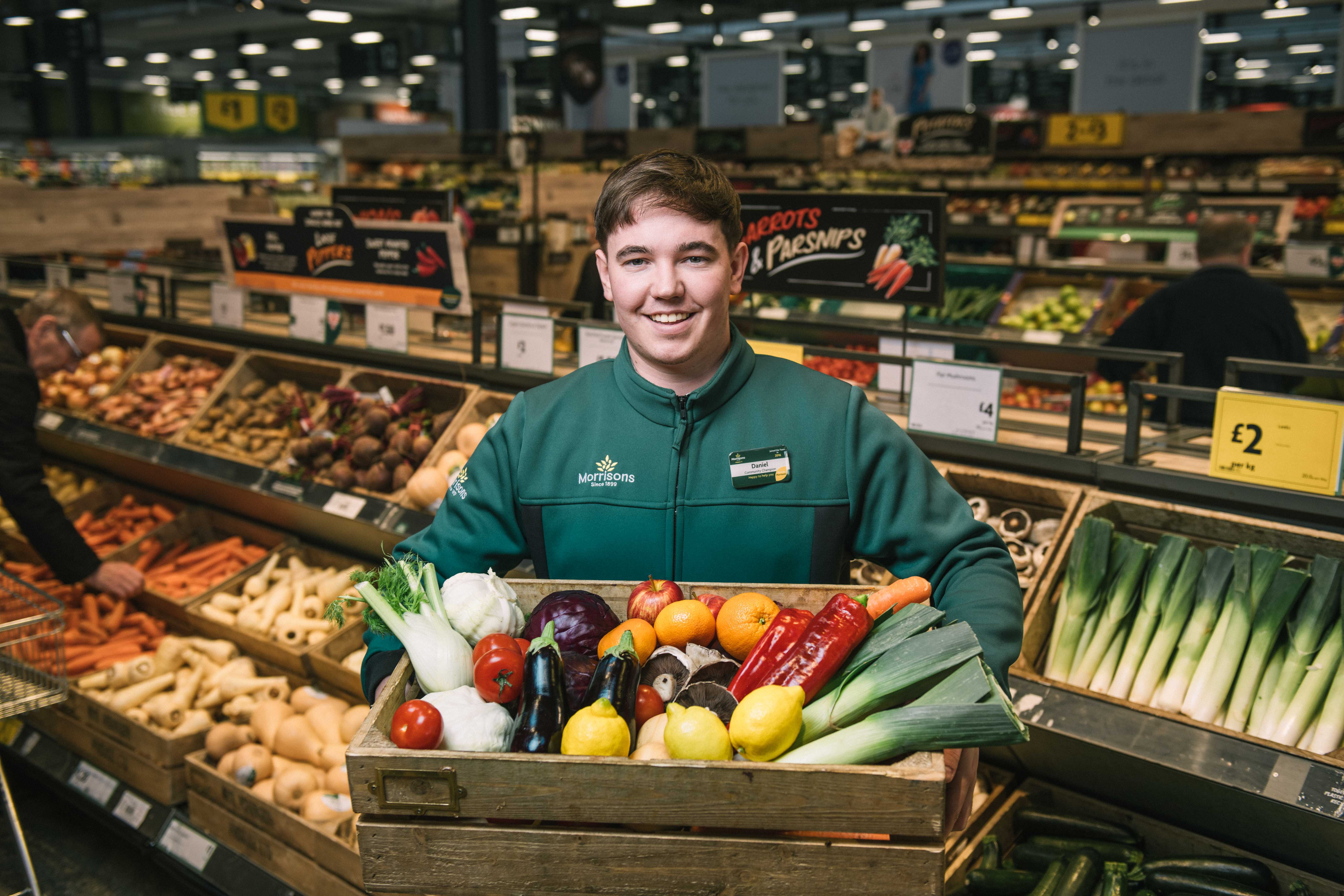Morrisons’ board surrendered too easily as the brazen sell-off of Britain’s corporate crown jewels continues
Within a day of terms being agreed with investment group Fortress, a potential counter-bidder went public, raising questions about the capitulation of the grocer’s board. No good will come of this depressing bid battle, says James Moore


Within a day of the Morrisons board recommending a £6.3bn takeover offer from Fortress, the investment group, a third potential bidder for Britain’s number four supermarket chain put its head above the parapet.
Apollo, yet another private equity outfit, said it was considering a counter-offer, amid furious speculation that a fourth and even a fifth bidding consortium could join the party. And that Amazon could ultimately end up squashing the lot of them.
If Apollo, or another party, were to formally enter the fray, it would serve as a damning indictment of the Morrisons board.
It would demonstrate that they collectively undervalued the business they are supposed to be stewarding when they surrendered at the gates of the Fortress over the weekend, just as the public markets undervalued the grocer before this depressing bidding battle erupted.
The most recent annual report says the Morrisons directors collectively cost its shareholders £7.6m over its most recent financial year. When you consider how easily they have rolled over – and the continued interest from rival bidders tells you that Morrisons is worth more – shareholders are entitled to ask what they have been getting for their money.
It has been said before that Sir Ken Morrison would be turning in his grave at the way the business he founded is being used as the prize in a game of pass the parcel played by private equity vultures, but goodness only knows how he would respond to the limp capitulation of the people now at the helm.
There are those who have argued that this is also an indictment of the public markets, of the big institutions that hold the cards, and of the regulations that govern them.
Calls for reforms – and reforms that go further than the proposals recently tabled to tempt more tech firms to list in London – have been growing in volume.
It has long been true that private equity firms play this game with a stacked deck, made that way by tax treatment of the debt they use to fund their deals and then load on to their targets.
But did Morrisons’ directors effectively make the case for a higher valuation than the grocer boasted at the time Clayton, Dubilier & Rice, the New York private equity outfit, kicked this off with the help of former Tesco boss Sir Terry Leahy?
Its interest was party driven by the potential synergies that could be extracted through bolting Morrisons together with Motor Fuel Group, the forecourt giant. But the chief motivation was clearly the recognition that Morrisons was absurdly undervalued, sitting next to a lonely pack of sausages and a pizza on the stock market’s version of the shelf where food with a fast-approaching use-by date is sold at a discount to shoppers canny enough to turn up at the end of the day.
That seems to have alerted Fortress too. That and the fact that Morrisons is fundamentally a pretty good business.
The announcement of the investment firm’s agreed bid was carefully crafted to address the public-relations problem created by the way all these financial bidders are pecking at a business that is generally seen as having performed rather well throughout the course of the pandemic.
Its customers got their food at reasonable prices; its workers, who risked their lives to make that happen as a deadly virus stalked their places of employment, also got a piece of the pie, with a £10 minimum wage.
Fortress wants to head off the criticism this process has drawn by painting itself as a long-term, supportive owner, who won’t indulge in cheap private-equity tricks like selling off and leasing back Morrisons’ freehold property, or sacking lots of its workers. But the pledges to play nice aren’t really worthy of that description, given how vague and airy they look.
Fortress is backed by Japanese investor SoftBank, and is also the owner of Majestic Wine. Its consortium also includes a Canadian pension fund, and a unit of Koch Industries.
That’s a name you may recognise. The Koch brothers are infamous for their involvement in hard-right politics in the US, into which they have sunk millions of dollars. Greenpeace has also accused them of secretly funding climate denialism. They are not exactly exemplars of the sort of stakeholder capitalism the deal announcement gushes about.
As for Apollo, the latest (potential) suitor lost out in the battle for Asda. Morrisons would make for more than adequate consolation. You could make the case that it’s actually the better bet. Will Apollo fly in with its own cuddly promises?
Does it even need them?
The brazen sell-off of Britain’s corporate crown jewels is partly happening because a government that constantly trumpets its patriotism is sitting back and sticking with a laissez-faire approach responsible for a bevy of bad deals.
Morrisons looks set to get its chance to join an unlovely list headed by Debenhams.
All this combined with its brand name and its visibility should present the opposition with a more open goal than anything Raheem Sterling or Harry Kane will see over the next week.
But can Keir Starmer capitalise? Does he even have an inner Gareth Southgate?

Join our commenting forum
Join thought-provoking conversations, follow other Independent readers and see their replies
Comments